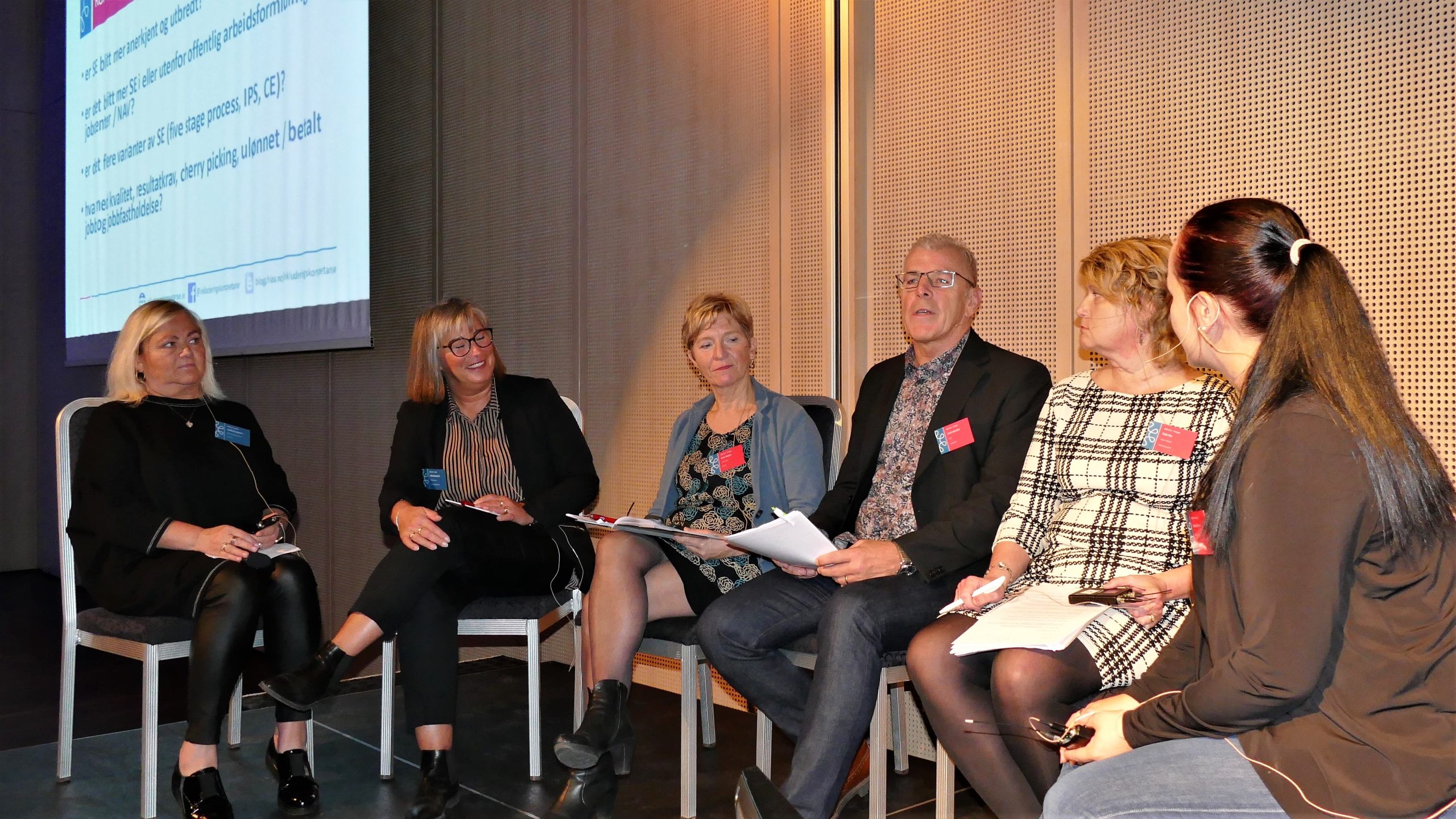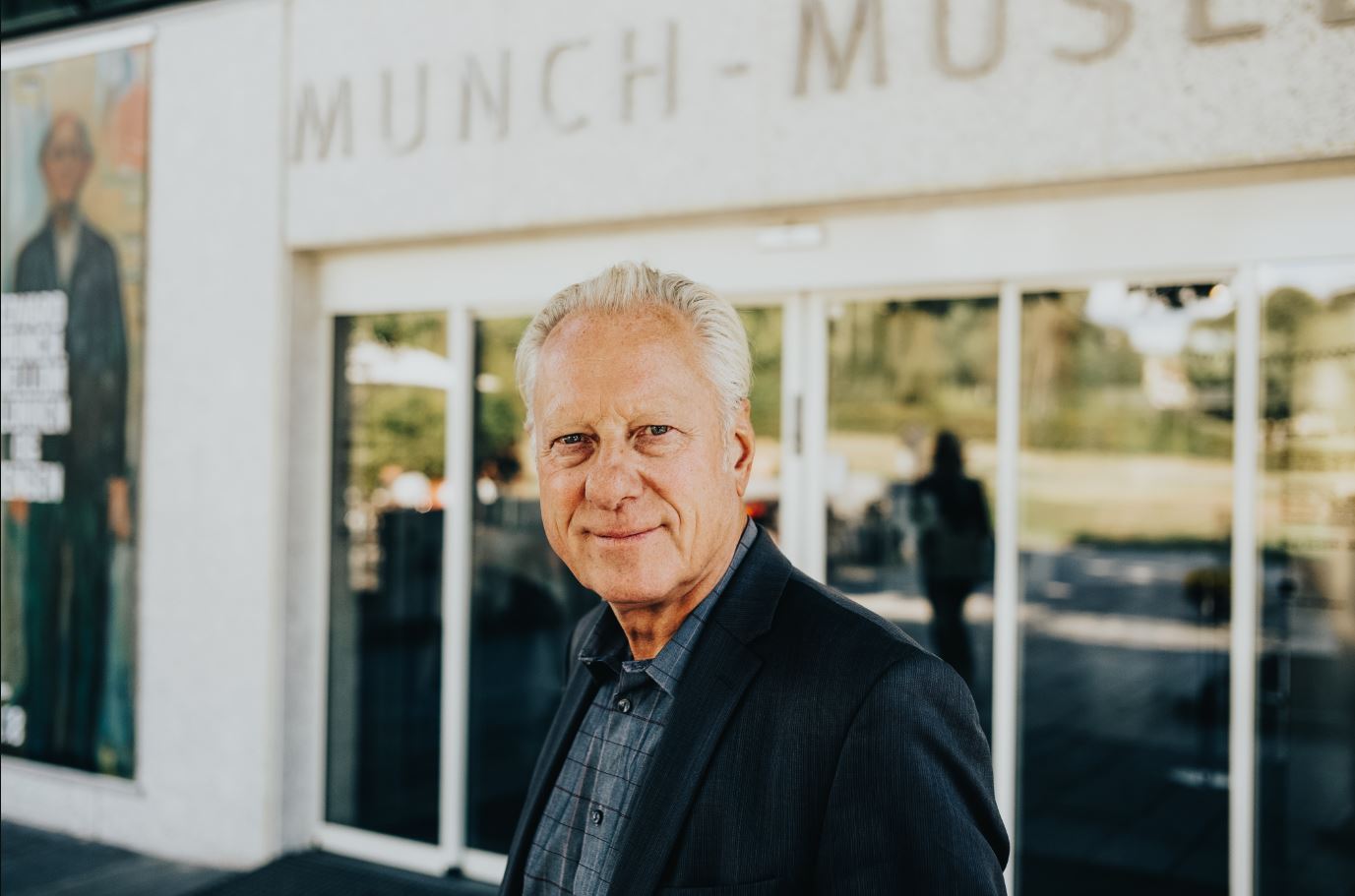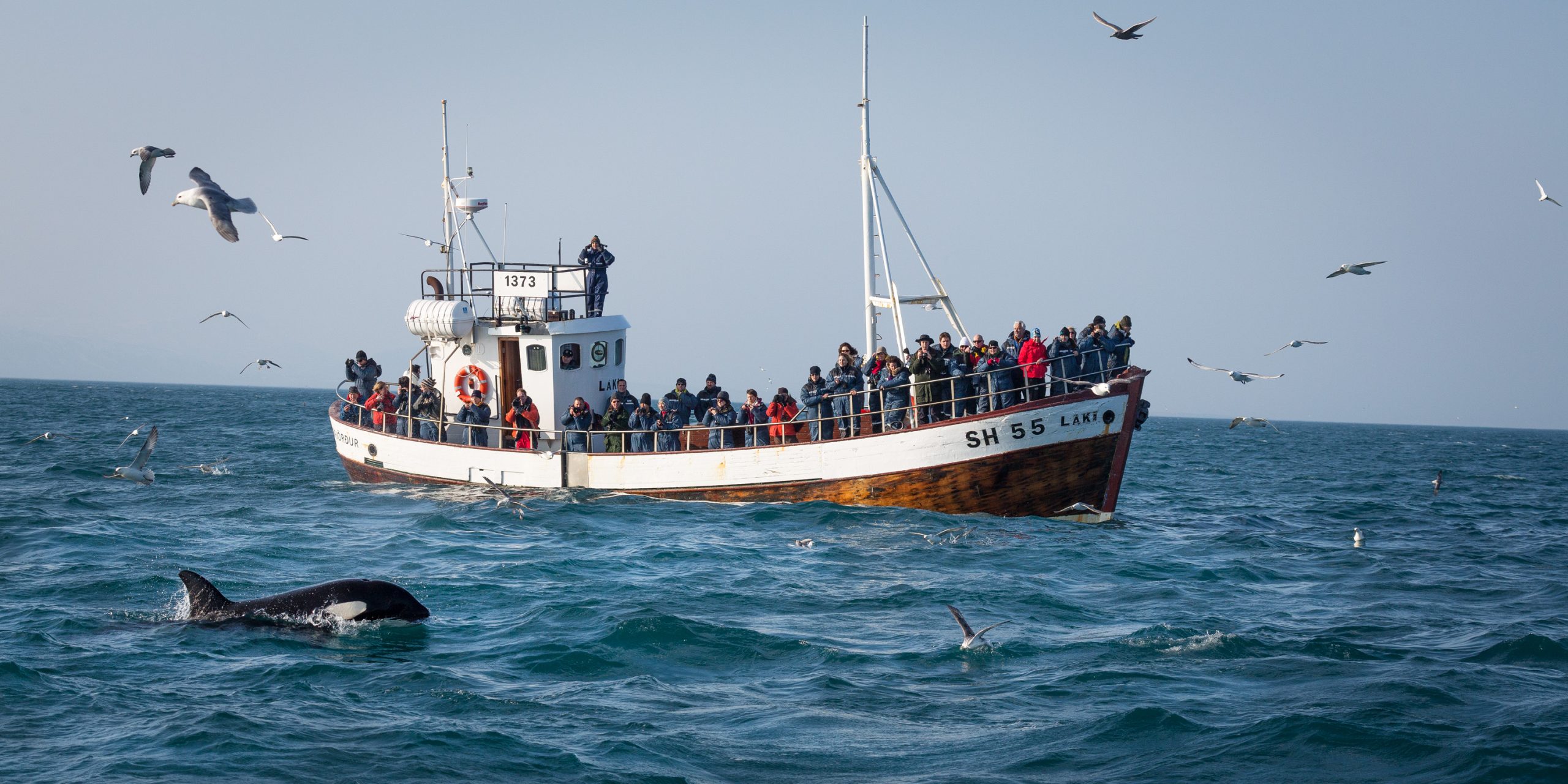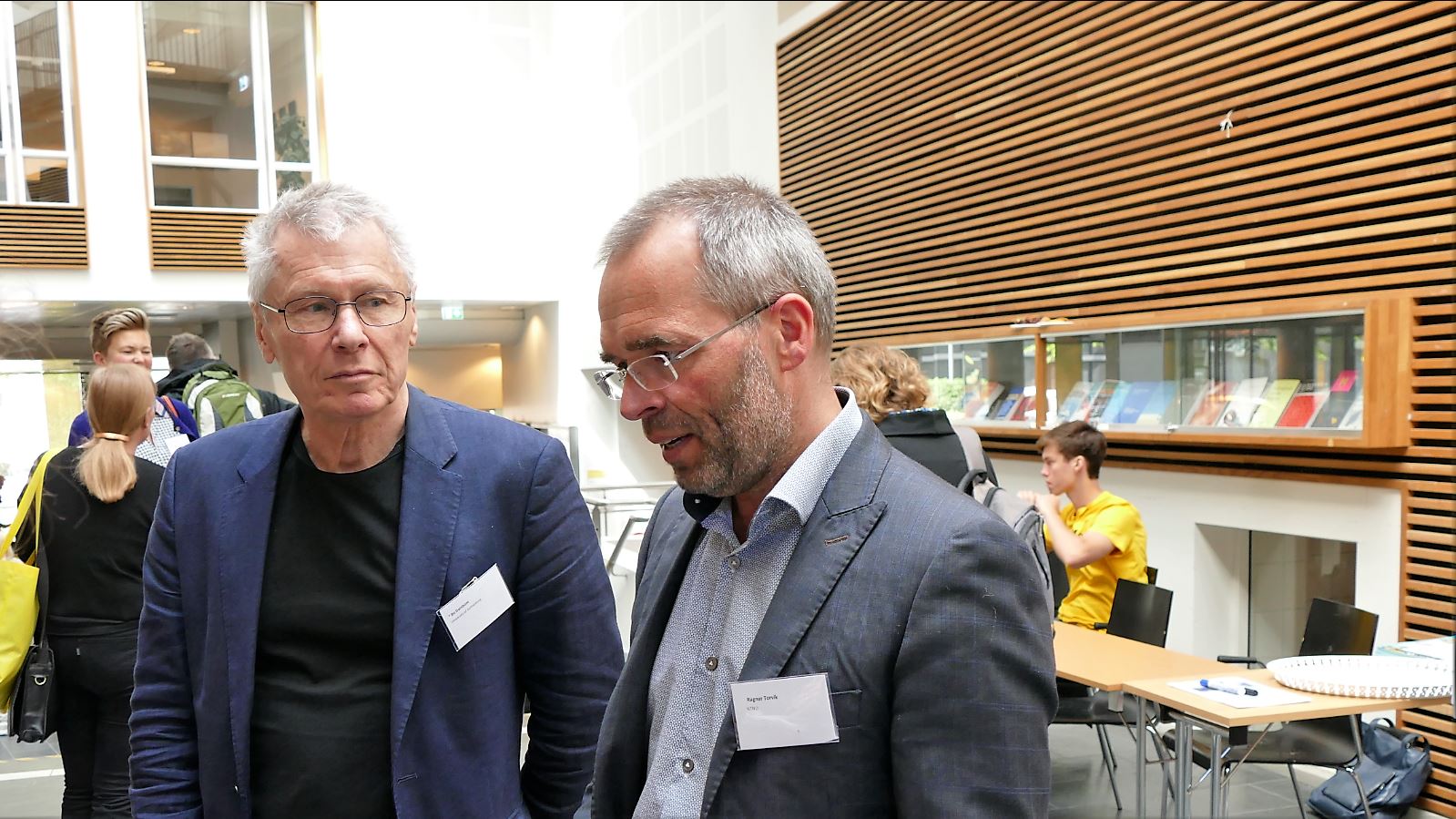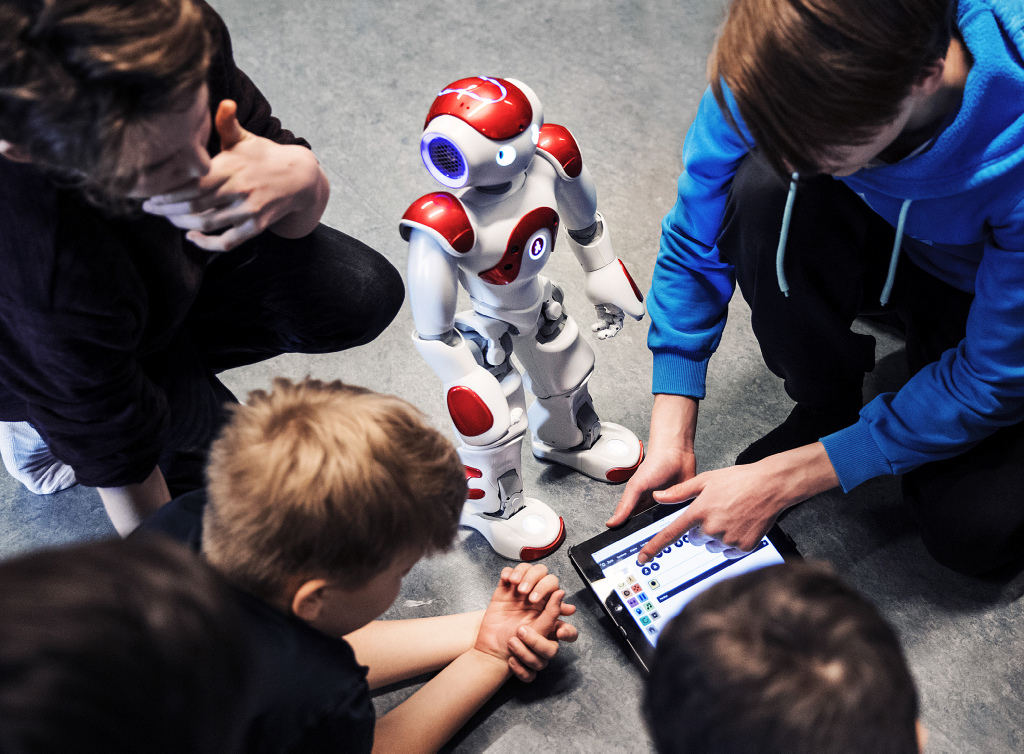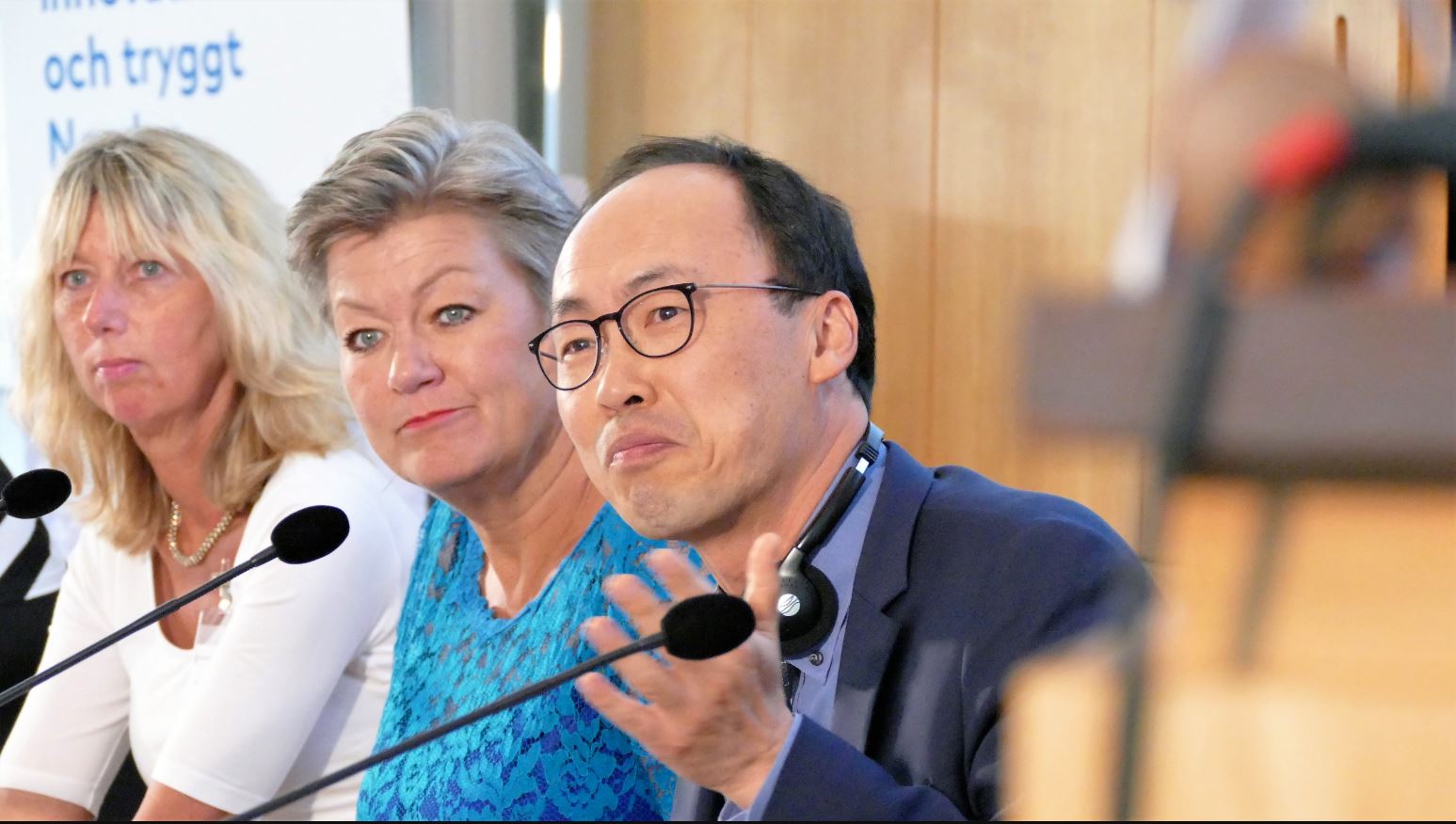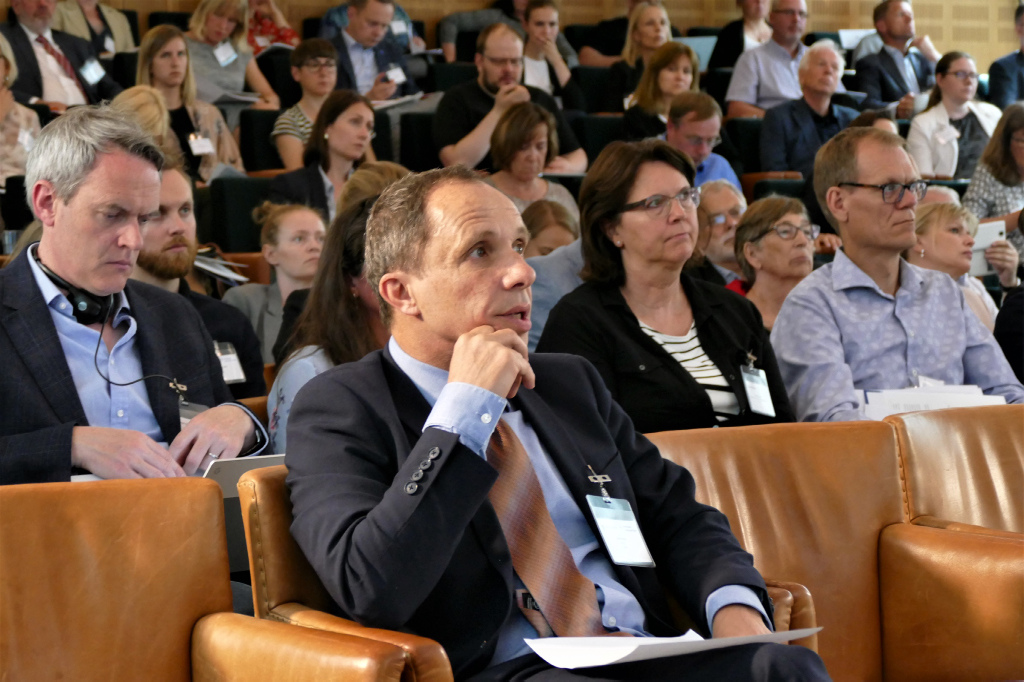Labour Market
- Gender Equality
- Green Transition
- International
- Labour Law
- Labour Market
- Nordic Model
- Research & Progress
- Work Environment
-
The Nordics implement Supported Employment in very different ways
The Nordic countries use Supported Employment for getting vulnerable groups into the labour market in very different ways. A growing number of studies show the method gives better results than traditional measures.
6 minutes -
Stein Olav Henrichsen: Taking Munch into the future
The new Munch Museum already towers 13 stories over old Viking plots by the Oslo fjord. Stein Olav Henrichsen is the museum director who has taken on the task of managing an historic milestone, as the Munch collection is moved and visitor numbers must double. Who is he, and what does he want? Is Munch…
13 minutes -
OECD: Iceland makes more from tourism than fisheries
Tourism has become Iceland’s largest trade and top source of income representing 8.3 percent of GDP, according to the OECD report “Tourism Trends and Policies 2018. Only in Spain, Portugal and Mexico does tourism make up a greater percentage of GDP. 14 percent of Iceland’s labour force now works in the tourism industry.
2 minutes -
OECD Deputy Secretary-General Mari Kiviniemi: Sticks to facts and fears protectionism
Former Prime Minister Mari Kiviniemi has spent nearly a lifetime in Finnish politics. As OECD Deputy Secretary-General she has spent most of her time advising the world’s governments on development and growth. At year’s end it is over. Now she wants to help Finland prosper as leader for the Finnish Commerce Federation.
10 minutes -
The OECD wants action now: Opportunities for all is the new measure of success
Inequalities are growing. We have plenty of data telling us that – now is the time for action, says the OECD’s Gabriela Ramos.
6 minutes -
The platform giants are profitable – but create few new jobs
The digital revolution will transform the work force in the 21st Century, just as the industrial revolution. But technology will create a host of new type of jobs and challenges as society moves from muscle and brainpower to data power, according to professors Bo Dahlbom and Ragnar Torvik.
7 minutes -
OECD: The crisis is over, but collective bargaining is needed for wage growth
For the first time, more people are now in work in OECD countries than before the 2008 economic crisis. But the increased employment rate has not led to higher wages. The OECD says collective bargaining represents one of the most important tools for increasing living standards.
4 minutes -
The Nordics could take a digital lead – with the right measures
Robots and artificial intelligence (AI) can create growth in the Nordic region without creating unemployment – but rapid political action is needed, says the management consulting firm McKinsey.
4 minutes -
Skills and fair distribution a precondition for digitalisation
Nordic people are keen to adopt new technology at work. The region is leading the way. The challenge is making sure workers get the chance to adapt to new skills, how to organise skills development and who should pay. We need better systems to handle the challenges, said Ylva Johansson at the recent conference on…
7 minutes -
OECD: Robots less of a threat to Nordic jobs, but major IT gender gap is
14 percent of jobs in OECD countries are at high risk of becoming automated, while a further 32 percent of jobs will change radically, says Mark Keese, Head of the Skills and Employability Division at the OECD.
5 minutes

